Why Gasoline Vehicles Are Still Relevant This Year
![]() 02/24 2025
02/24 2025
![]() 542
542
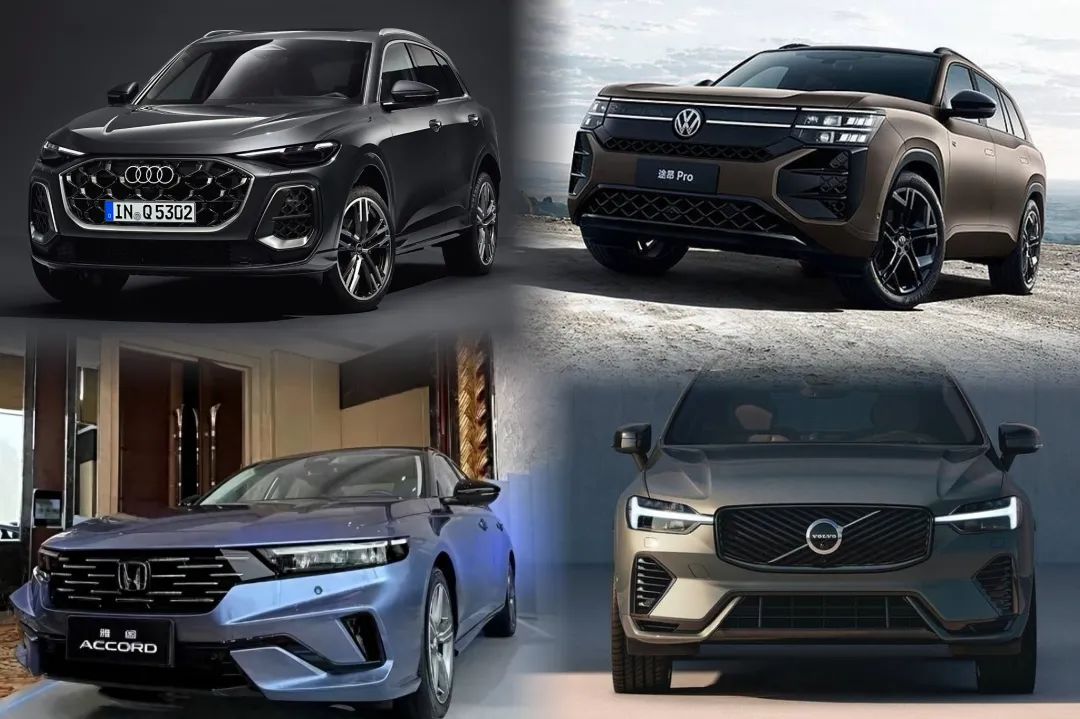
Introduction
Has the rapid decline in topicality signaled the end of gasoline vehicles?
With the new energy industry maturing, market changes have profoundly impacted consumers, making them acutely aware of the times' progression. Discussions around electrification and intelligent transformation have peaked this year.
On social media platforms, intelligent driving, AI, and related topics dominate the conversation. Chinese companies like BYD, Huawei, and Xiaomi have led the industry away from gasoline vehicles and into the new industrial wave.
As range-extenders and plug-in hybrids gain popularity, the future of pure gasoline vehicles seems uncertain. Despite gasoline vehicles still accounting for roughly 50% of the market share, with loyal customers for brands like Toyota, Volkswagen, and BBA, public opinion increasingly associates them with "backwardness." For many, there are numerous reasons to exclude them from car-buying considerations.
As China drives the global new energy vehicle industry, traditional automakers must keep pace with market changes. However, these changes are swift, and consumer perceptions have shifted dramatically, leading to situations where plans fall behind reality.
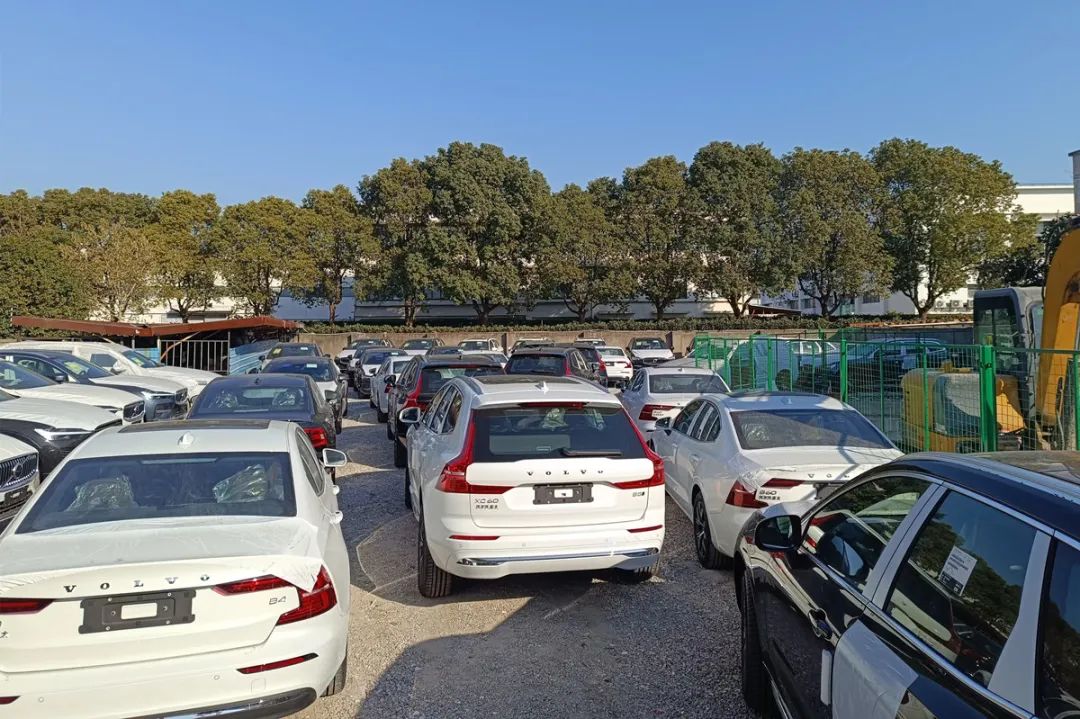
How can traditional automakers, especially mainstream joint ventures, maintain their foothold?
While "no one is talking about gasoline vehicles" may be the current narrative, it's premature to claim that the Chinese auto market no longer needs them.
Gasoline vehicles may have lost their heat, but they still have a market.
Recently, there has been a flurry of news about new cars. From BYD's launch of over 20 facelift models to Aion UT and Toyota BZ3X gearing up, market discussions remain lively.
However, as the title suggests, topics about gasoline vehicles have nearly vanished from social media. During this period, Volkswagen introduced the all-new fifth-generation EA888 engine to the Chinese market, first installed in the upcoming SAIC Volkswagen Teramont PRO. This engine, a technological marvel from the Volkswagen Group, boasts a 23.5% increase in maximum power to 200kW (272 hp) and a peak torque of 400N·m, compared to the third-generation EA888.
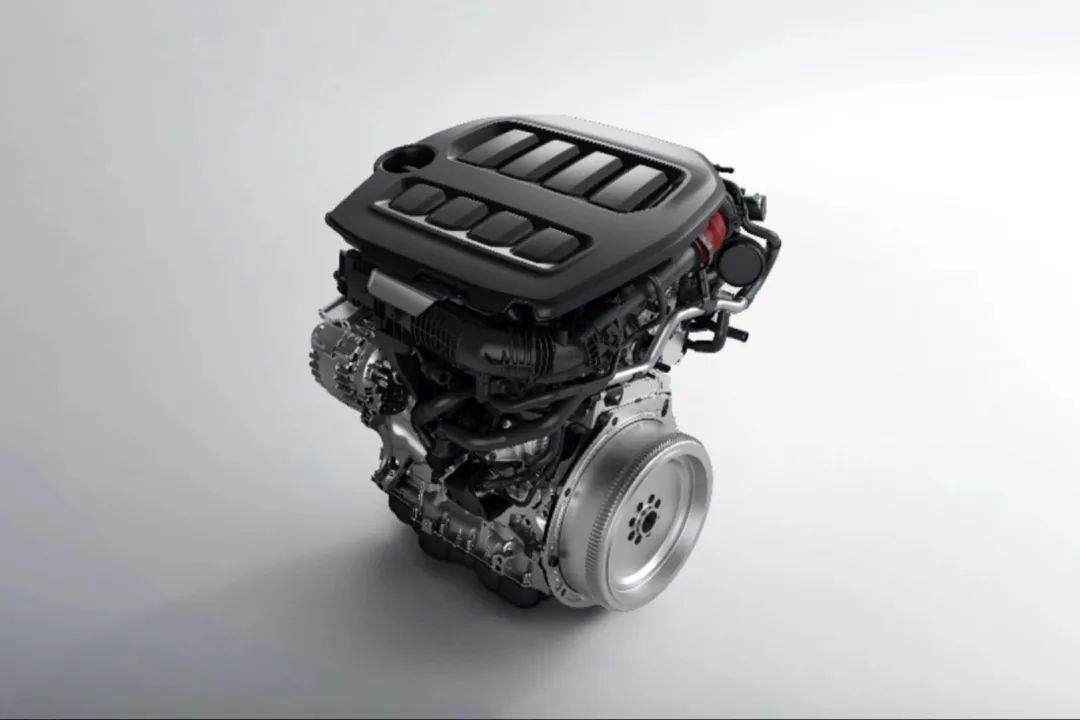
Five years ago, this move would have sparked significant industry competition and consumer interest. Now, however, Volkswagen's new car struggles to gain market share or even generate discussion, often overshadowed by popular new entrants.
"Gasoline vehicles have no future" has become a widespread belief. Joint ventures holding gasoline vehicle technology are often perceived as losers. But is there truly no market for gasoline vehicles? Must enterprises reliant on gasoline vehicles be eliminated by the market?
In 2024, China's auto production and sales reached new heights, ranking first globally for 16 consecutive years. According to the "2024 China Automobile Circulation Industry Annual Report," new energy passenger vehicle retail sales reached 10.899 million, a 41% increase from the previous year, with an annual penetration rate of 47.6%, up 12% year-on-year.
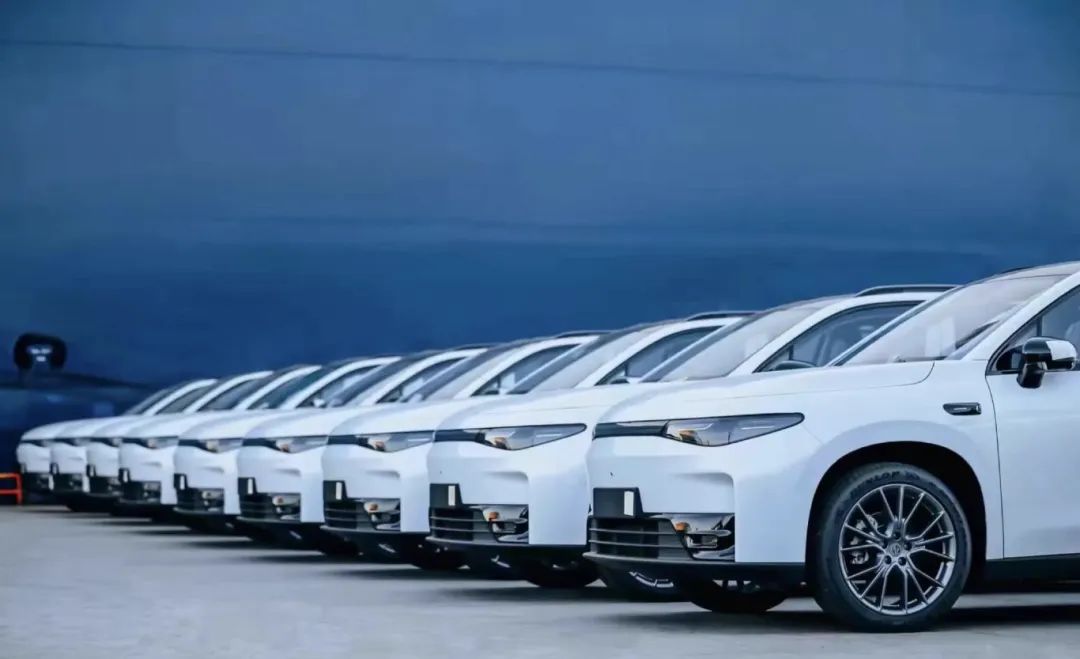
However, traditional gasoline vehicles still account for around 50% of the market share, indicating that public opinion's perception of the industry's current state deviates from reality.
Therefore, it seems inappropriate to blindly believe that the Chinese auto market should only accommodate new energy vehicles, especially when Volkswagen intends to refresh its gasoline vehicle products and traditional joint ventures' one-price models focus on traditional powertrains.
Regardless of how volatile the market is, it always has two sides.
While new energy vehicles prevail due to technological revolution and cost-efficiency, gasoline vehicles still meet car usage needs beyond commuting in lower-tier markets, despite facing criticism from new energy vehicle enthusiasts.
Objectively, the vast capacity of the Chinese auto market ensures that tradition and innovation can coexist.

Give "tradition" more space.
Not just Volkswagen, Toyota, and Honda, but also domestic automakers like Geely and Chery continue investing in gasoline vehicles. Their star models still lead sales rankings in various sub-markets.
Moreover, as China's new energy industry dominates the world, due to different car usage environments overseas, Chinese automakers covet the huge sales of gasoline vehicles, which they might consider primitive or lagging.
Under these circumstances, enterprises must decide whether to fully align with domestic opinion and neglect gasoline vehicle iterations or grasp the two lifelines for future development.
Focusing on the Chinese market, we acknowledge that automotive electrification is crucial for industry growth. Joint ventures will prioritize launching attractive new energy vehicles to Chinese consumers.
Against this backdrop, we praise the industry's world-leading new energy transformation while recognizing traditional automakers' efforts to consolidate their market share based on actual car usage needs.
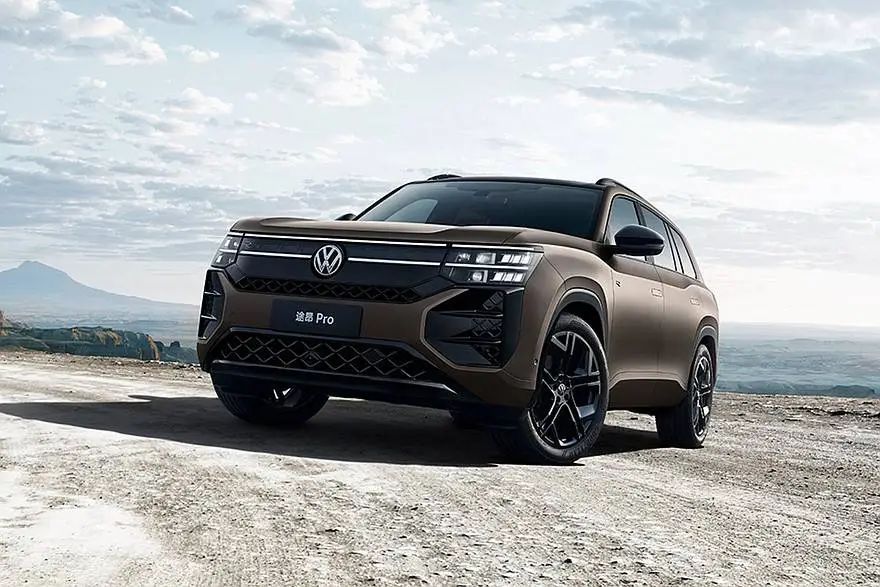
As the sales growth of pure electric vehicles slows, automakers focus on green-plate hybrids. Simply stating that gasoline vehicles no longer dominate the market and engine technology improvements are futile is biased.
Traditional gasoline vehicles' technological iteration isn't declining; it might be disguised as hybrid competition in the new energy vehicle market.
Amidst the industry's forefront, where public opinion ignores brand-new gasoline vehicles, we often believe the era's background is unifying. Automakers once reliant on gasoline vehicles will surely be phased out. The decline of Korean, French, and American cars serves as a lesson, and this year might be Volkswagen's and Toyota's turn.
Preliminary estimates suggest joint venture automakers will significantly reduce their market expectations for this year, with a 20~30% decline compared to last year not surprising. However, this worse environment prevents them from easily abandoning their original strengths.
While new gasoline vehicles struggle to resonate, as long as the Chinese auto market hasn't completely sidelined gasoline vehicles due to the energy transition, every new gasoline vehicle launched by automakers remains meaningful.
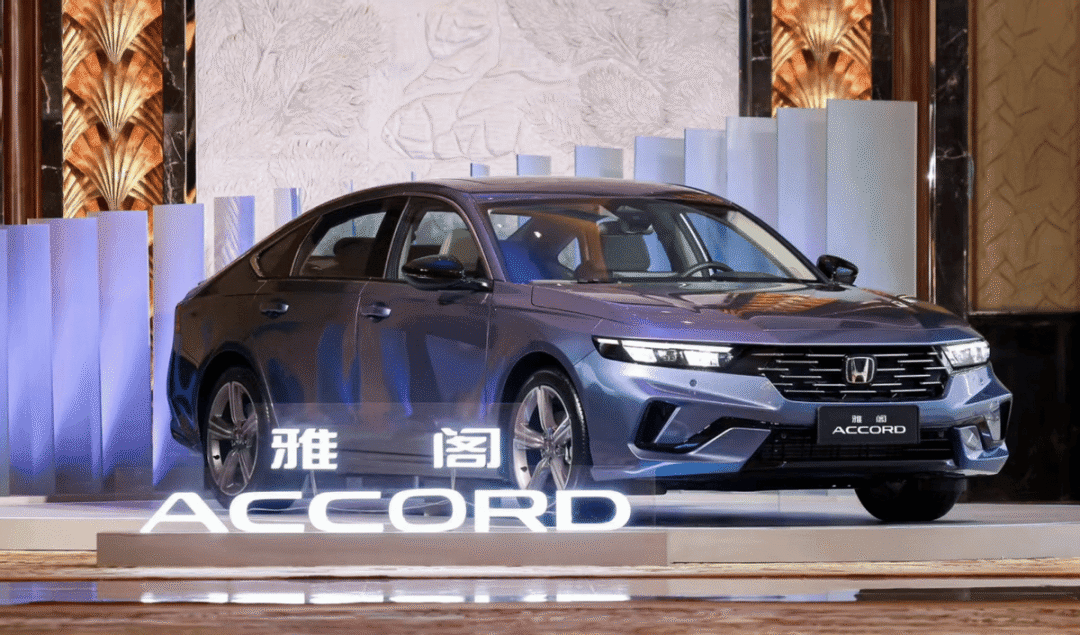
Upcoming models like the facelifted eleventh-generation Accord from GAC Honda and the all-new replacements for GAC Toyota Wildlander and FAW Toyota RAV4 demonstrate that traditional automakers know their place. These model refreshes aren't from an obsession with the past but a strategic defense of their territory.







